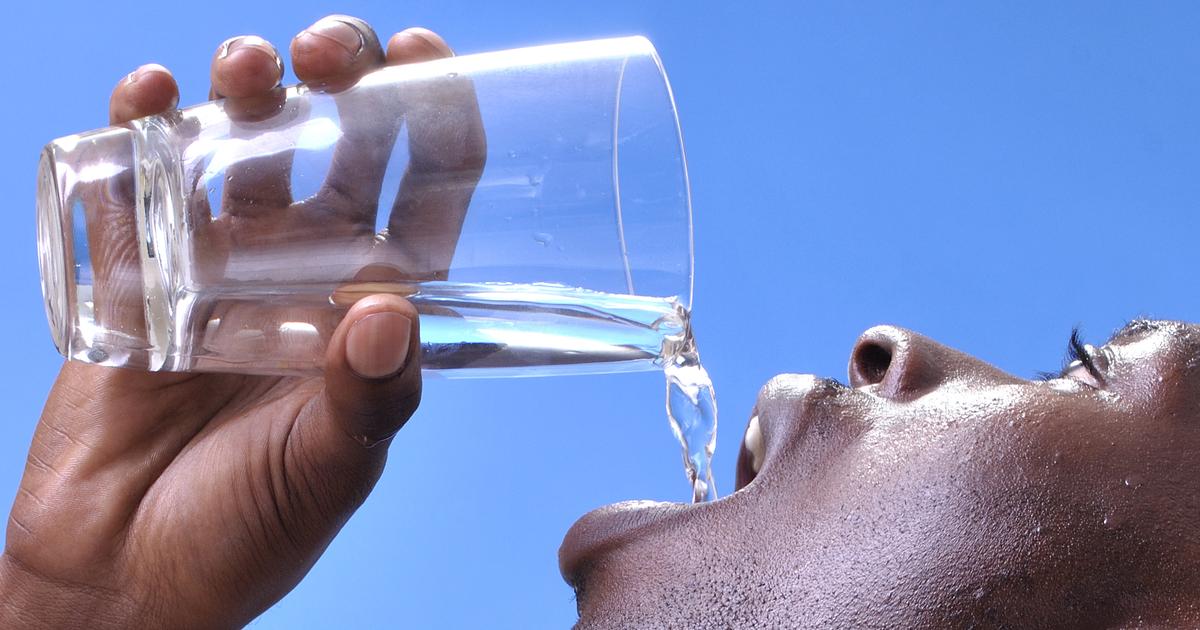Warning Signs Of Bartter Syndrome
Severe Thirst

Severe thirst is a prevalent symptom in individuals with Bartter syndrome. The underlying abnormalities in the kidneys of individuals affected by Bartter syndrome cause the loss of chloride, potassium, and sodium through the urine. The fluid balance in the body relies on sodium. The body requires a perfect ratio of fluid and sodium. If sodium concentration is greater in one tissue than another, water is pulled from lower sodium tissues to the high sodium tissue, and if this concentration is lower in one tissue than another, water is forced away from the low sodium tissue to tissue with more sodium. Fluids follow sodium when referring to the human body. This mechanism is helpful in individuals with kidneys that allow for sodium movement to and from the blood. However, kidneys affected by Bartter syndrome cannot reabsorb salt into the blood when it is needed. This malfunction means the concentration of salt in urine is always greater, so fluid is constantly pulled from the blood to the urine to correct the imbalance. This dysfunctional process causes dehydration, which tells the brain to induce severe thirst.
Uncover another serious warning sign linked to Bartter syndrome now.